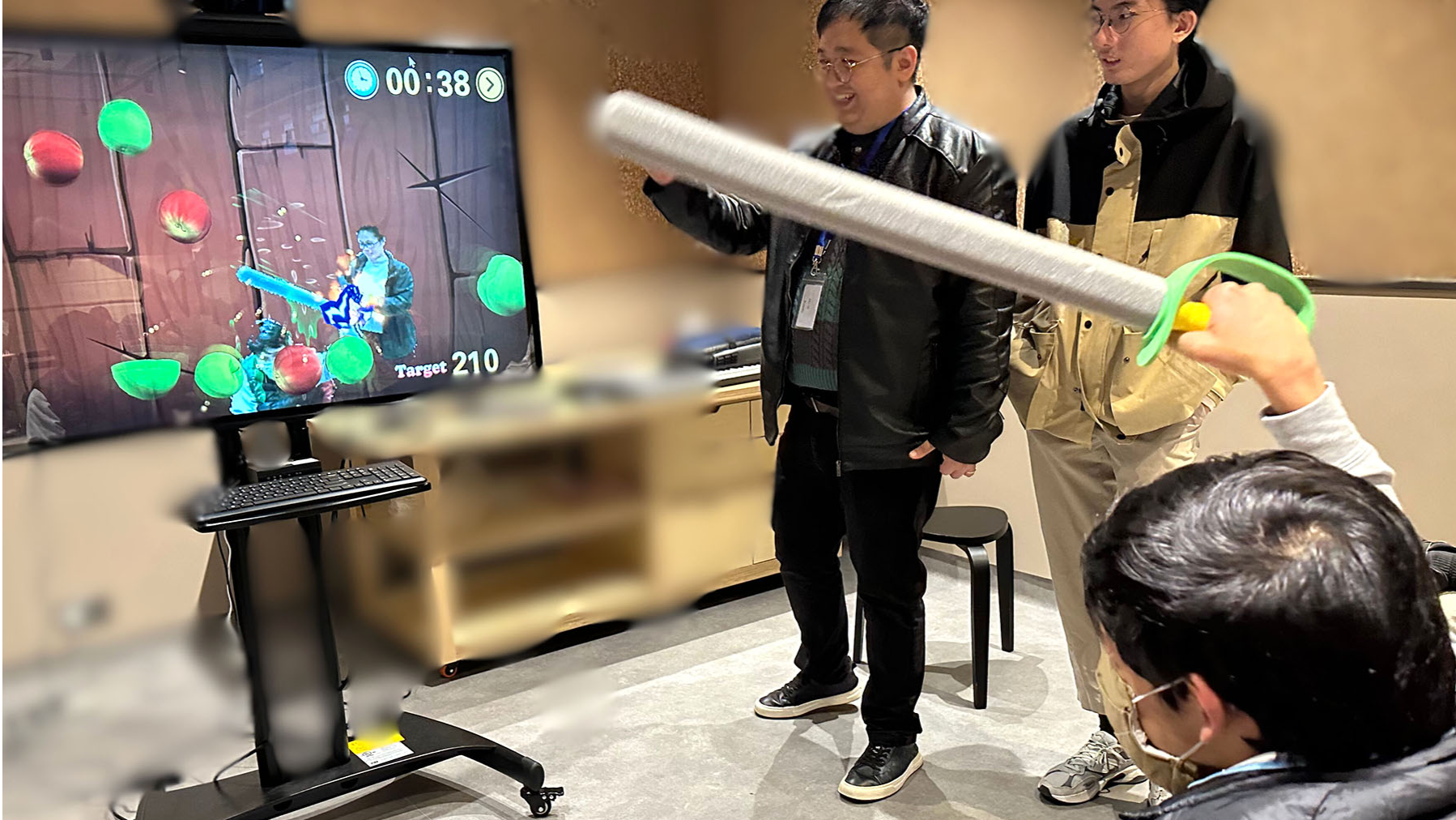
New industrialization’s contribution to Hong Kong’s overall GDP is set to grow significantly in the coming years, according to a Federation of Hong Kong Industries (FHKI) report issued on Friday.
The FHKI’s “Made by Hong Kong: Strategies for New Industrialization” interim report reveals that industry accounts for 4.4 percent of Hong Kong’s GDP in 2023, among which “new industry” supplies 1.4 percent.
New industries cover computer programming, data-related services and industrial internet, research and development, testing and environmental engineering services, and sewage, waste management and remediation, accounting for 0.88 percent, 0.46 percent, and 0.05 percent of the city’s GDP, respectively.
READ MORE: New HK industrialization alliance aims for cross-sector innovation
The HKSAR government launched the New Industrialisation Acceleration Scheme in September 2024. It aims to provide funding for enterprises engaging in industries of strategic importance, including life and health technology, artificial intelligence (AI) and data science, and advanced manufacturing and new energy technologies, to allow them to set up smart production facilities in Hong Kong.
FHKI chairman Steve Chuang said the new industries were mainly related to automation manufacturing and artificial intelligence because the city’s area is small and rents are high.
In addition, “Manufacturers are moving up their value chain and focusing on high-value-added activities. Many of them are outsourcing their business to other places, which are more suitable for manufacturing, such as the Chinese mainland and Southeast Asia,” Chuang said.
According to the FHKI’s report, trading firms engaged in subcontract processing arrangements contribute 1.8 percent of Hong Kong’s GDP.
READ MORE: Smart production lines to boost HK’s new industrialization drive
Along with new industry (1.4 percent) and traditional manufacturing, publishing and packaging (1.2 percent), the three sectors constitute Hong Kong’s industry.
However, the uptrend in the new industry and the distinctive role of trading firms do not mean that the city will abandon its traditional industries, said Tang Heiwai, associate dean (external relations) of the University of Hong Kong’s Business School, who was responsible for the report’s research.
“Many traditional manufacturers are upgrading their production lines to be automatic ones, so the HKSAR government’s new industrialization strategy can also benefit them,” Tang said.
Contact the writer at thor_wu@chinadialyhk.com


